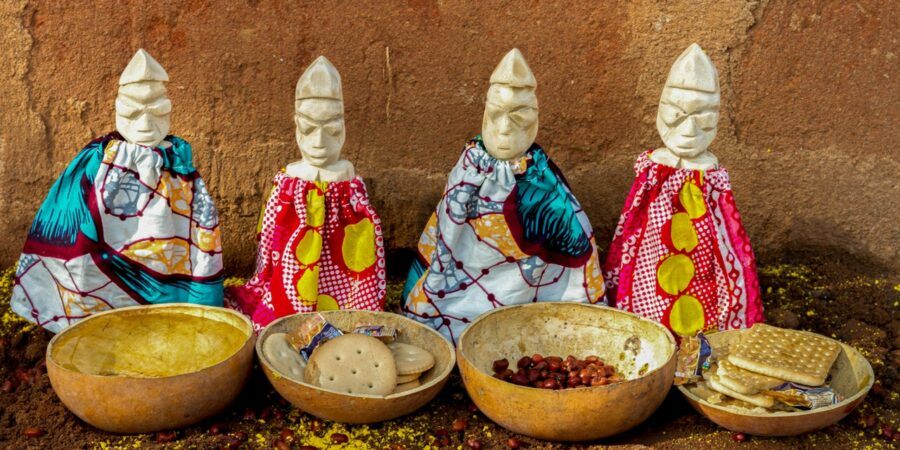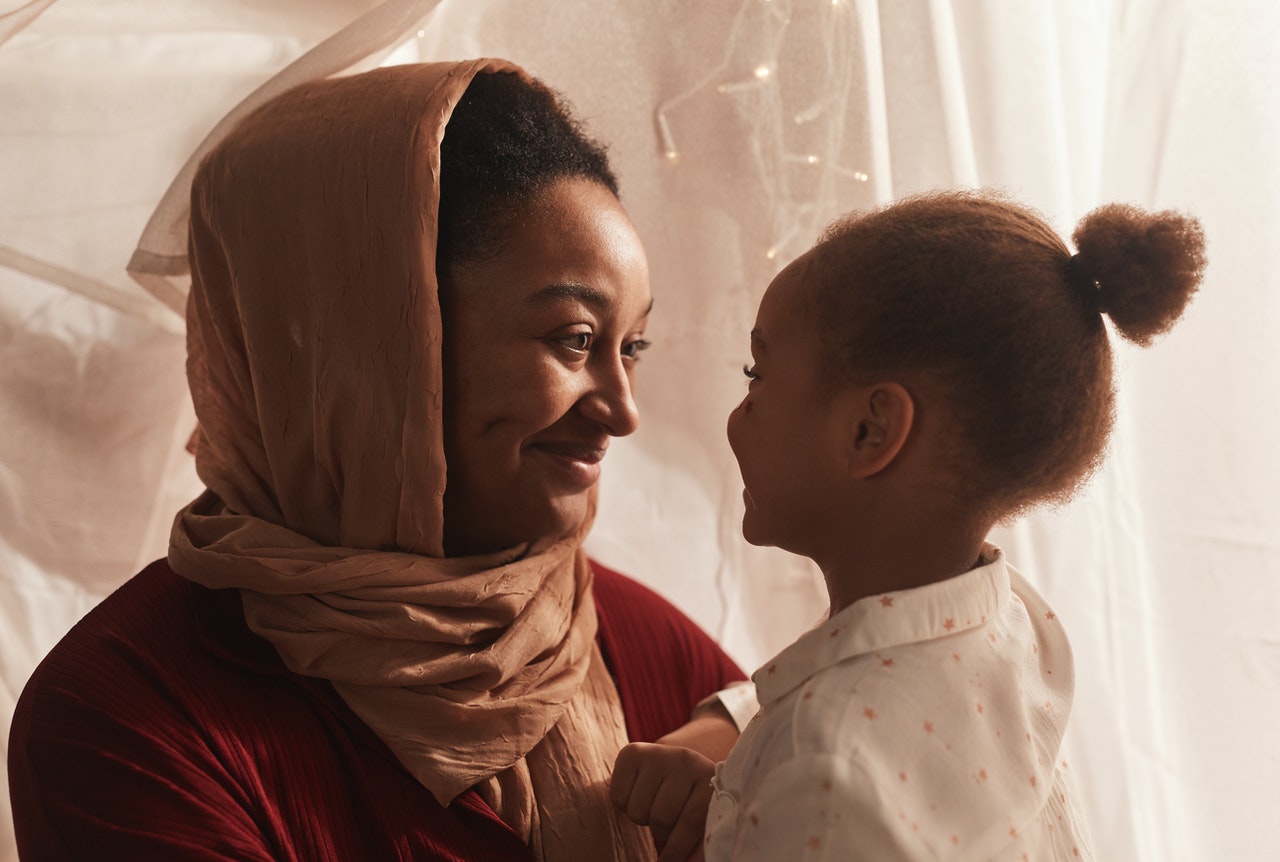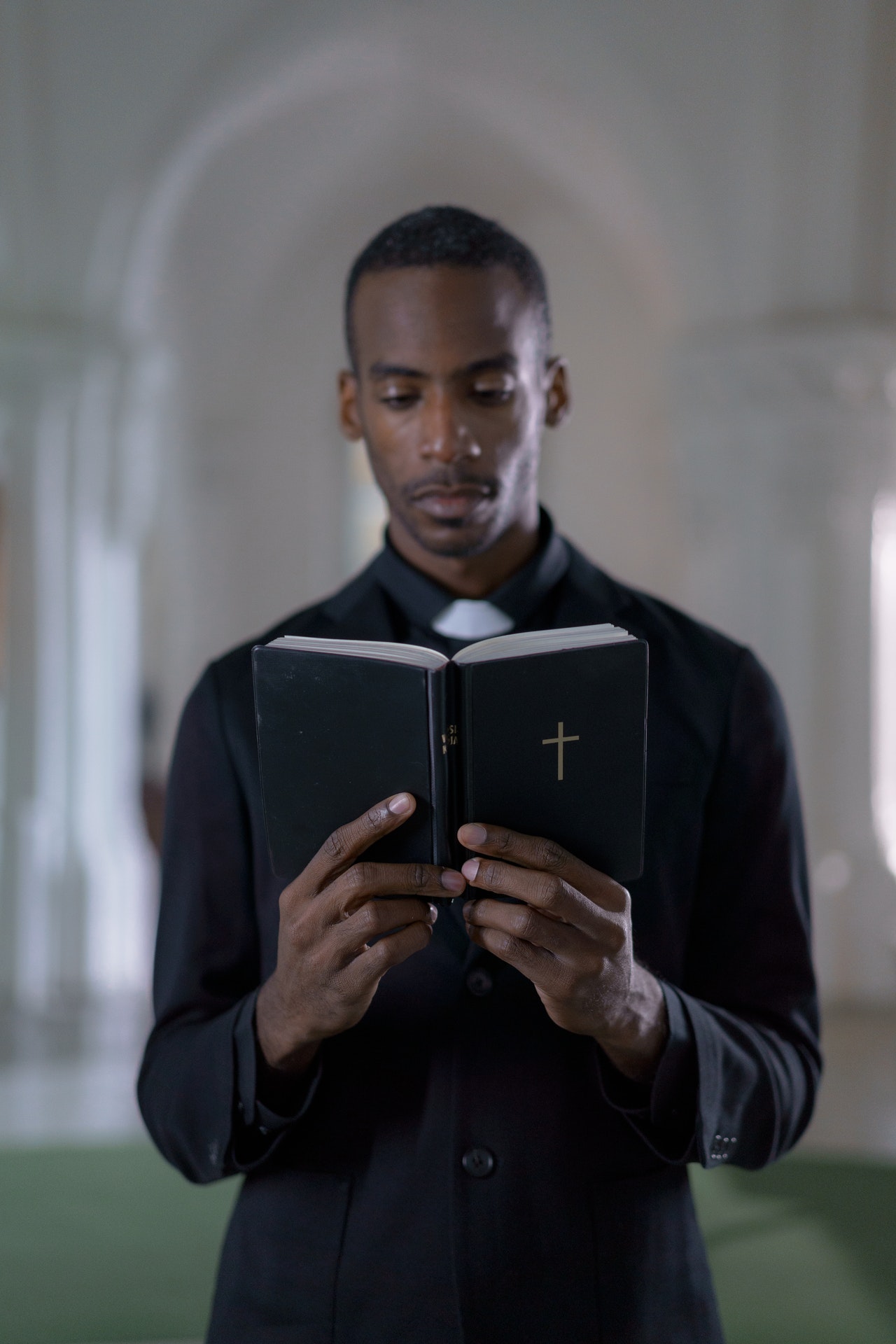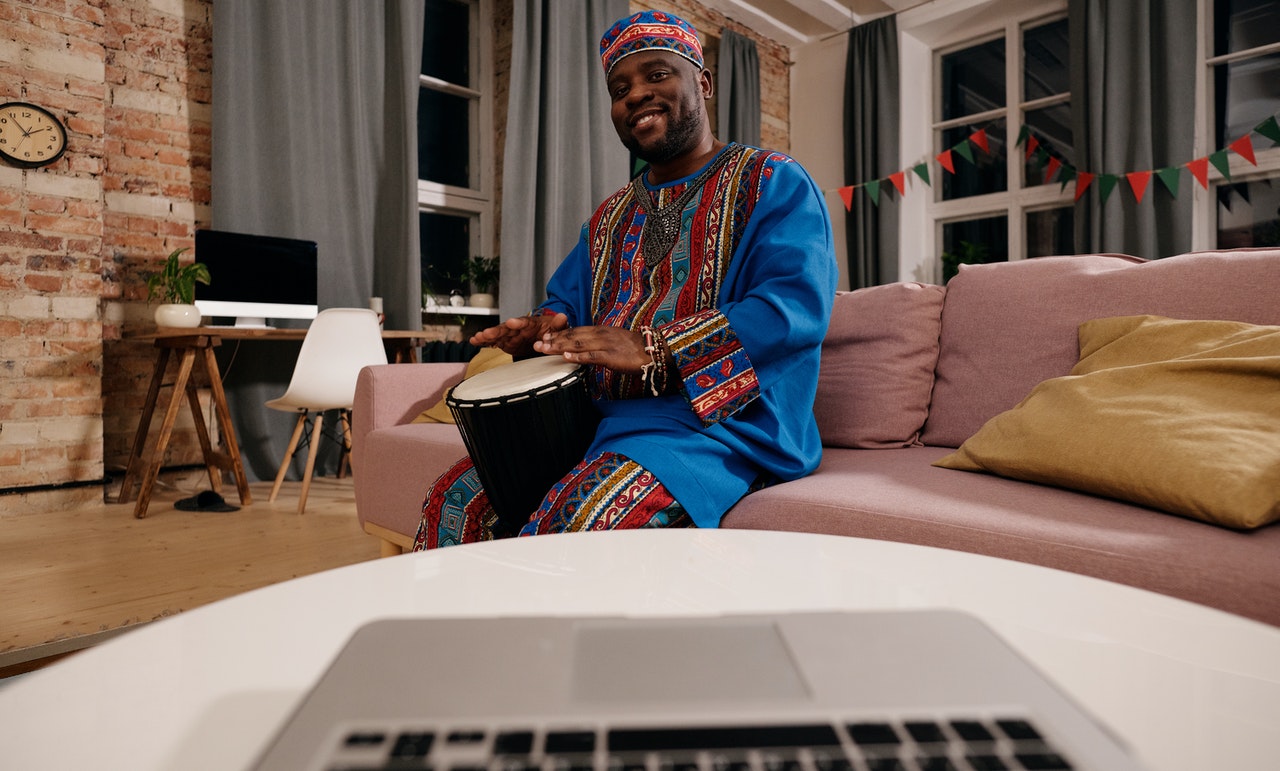African religions, religious beliefs, and religious practices of the peoples of Africa are discussed in this section. It should be highlighted that any attempt to make broad generalizations about the nature of “African religions” runs the risk of assuming anything that is not correct. That all African cultures are homogeneous in their characteristics.
African religion countries have a wide range of cultures, and the continent as a whole is diverse in terms of geography and culture. More than 50 modern countries that populate the continent have a distinct history that is worth learning about. Each comprises a diverse range of ethnic groups, each speaking a distinct language and adhering to their own set of traditions and values.
The religious traditions of Africa are as diverse as the continent itself. Despite this, there has been extensive cultural contact, with degrees ranging from trade to conquest. It has generated some underlying commonalities across religions within subregions that are otherwise unattainable. In this way, it is possible to make some broad generalizations about the distinguishing characteristics of religions that are indigenous to Africa.
Specialists In Ritual And African Religion Practices:
It is not about adhering to some ideology in African religiousness; instead, it is about encouraging fertility and maintaining the communal fabric. African faiths place a strong emphasis on having a good connection with the divine authorities. Their rituals are an attempt to harness cosmic energies and channel them for the good of the world.
Ritual is the mechanism through which a person negotiates reliable connections with other community members, according to their beliefs. The gods, with the ancestors, with the spiritual forces of nature, and with the natural world. Throughout the world, the cults of the divinities are visible in the numerous shrines and altars that have been dedicated in their honor. Shrines and altars are often not imposing or even permanent structures, as opposed to churches and mosques. Insignificant things like a bit of marker in a private courtyard might be used to make a statement.
Ceremonies:
Proper relations with the divinities are maintained by offering prayers, sacrifices, and offerings, particularly blood sacrifices. Performing ceremonial sacrifices involves the shedding of blood, which releases the vital power that sustains life. They are performed before the majority of ceremonies in which blessings from ancestors or deities are sought.
Ancestors also serve as mediators by granting access to spiritual instruction and power on behalf of their descendants. The fact that one has died does not automatically qualify one as an ancestor. Only those who lived their lives to the fullest extent possible developed moral ideals. And achieved social distinction to achieve this position.
It is believed that ancestors reprimand those who neglect or violate the moral order by troubling the peace. Until restitution is made, the errant descendants will be plagued by illness or misfortune. When a significant sickness strikes, it is considered that the ultimate cause is a dispute between people or among a group of people (interpersonal and social conflict). As a result, the severe illness is both a moral quandary and a biological crisis in equal measure.
Transitions between physiological stages of life and changes in social status are frequently marked by ritual. Rites of passage are natural occasions for initiation, which is a stage in becoming socialized. And education that prepares the beginner to take on the responsibilities of the new social role.
Circumcision and clitoridectomy are two of the most common and widely practiced rites of passage. Even though the clitoris and portions of the labia minora were surgically removed. It is a more drastic and potentially dangerous procedure than male circumcision. Both forms of genital mutilation are widely considered to be essential tools in the process of culturally defining one’s gender.
Ritual Experts Of African Religion:
God-seekers are ritual experts who have learned to read signs that communicate the will of their respective deities. They are also known as diviners. Because they are believed to have the gift of prophecy, diviners have access to the kind of insight generally reserved for spirits. Divinatory ritual is the focal point of African religion because it provides a means of communication with the gods that is accessible to all.
Witches are humans who are believed to be endowed with the ability to mediate between worlds. Because of their ability to intercede, they are referred to as the “owners of the world,” as opposed to the ancestors or the divinities. On the other hand, their authority is vague and hence hazardous, and it must be regulated. The Yoruba’s Gelede ritual masquerades are one method of keeping witches under control.
Mythology:
Legends and myths are common in African religion oral cultures, and they serve to embody philosophical reflections, express values, and establish moral standards. In contrast to Western mythology, African religion mythology does not consist of a single narrative story that is told in chronological order. In addition, there is no established corpus of mythology. As a result, myths become embedded in and transmitted through ritual practice.
African religion mythology frequently depicts the universe in an anthropomorphic manner. The human body is a microcosm that contains all of the same primordial elements and elemental forces that make up the universe, as does the rest of the universe itself. Many West African myths and rituals are based on the concept of twinship as a central element.
The human body is considered to be the celestial body’s twin, which explains why. According to the Dogon, Bambara, and Malinke peoples of Mali, they all have the same cosmogony. Because the primordial beings were twins, twins are regarded as representing the ideal in this context. Everyone is a part of the twinship’s organizational structure.
Twins are given a revered status among the Asante people of Ghana, who regard them as living shrines. They are revered as repositories of sacredness because they are considered a sign of abundant fertility. Twins represent an overabundance of fertility that is more common in the animal kingdom than in humans.
Community:
Even though the trickster brings disorder and confusion into the divine plan, he also paves the way for a new, more dynamic order to be established. As far as the Fon of Benin is concerned, Legba is a cunning trickster. He is a troublemaker who causes discord and upheaval in the community. However, he is revered as a transformer and is not regarded as a villain.
Christian prophetic movements are centered on a single individual or group of individuals. They are similar to indigenous African religions in that they are obsessed with healing the sick and injured. People believe that God has entrusted prophets with the responsibility of cleaning their communities and combating witchcraft practices.
Confessions in public, exorcisms in public, and purifying baptisms in public are all common occurrences. On the other hand, Neo-traditional movements seek to preserve components of indigenous African belief and ritual while incorporating them into Christian liturgy. These syncretic religious movements absorbed significant elements of African religious expression into their practices.
A case in point would be the practice of secrecy that distinguishes Sande societies in Western Africa. They also embraced key concepts from indigenous religions, such as the belief in the intervention of ancestral spirits and practices and rituals. Such new African religion churches have attempted to maintain a sense of belonging among their members. As well as consistency, even amid rapid and dramatic social change.
The persistence and proliferation of indigenous religions provide evidence for this claim. However, they possess the willingness to experiment and refresh that is required to provide opportunities for Africans. To adapt to the changing character and needs of their respective communities.
The Relationship Between Worldview And Divinity:
There is no single body of religious beliefs and practices that can be identified as being exclusively African. Although differences in worldviews and ritual processes can be found across geographic and ethnic boundaries, it is possible to find similarities. According to the consensus, African religion faiths believe in one creator God who is the architect of a dynamic cosmos. Various African peoples’ myths tell how the gods returned to their homelands after setting the world into motion.
After withdrawing, the Supreme Being continues to be detached from the problems of human life. In a Dinka legend from South Sudan, God withdrew from the world, according to the code. After the first lady raised her pestle to pound grain and struck the heavens, the second woman did the same. The story, which can be found in numerous traditions across the continent, is based on a legend. Even though this retreat brought to toil, sickness, and death, it liberated humanity from the restrictions of God’s immediate authority.




